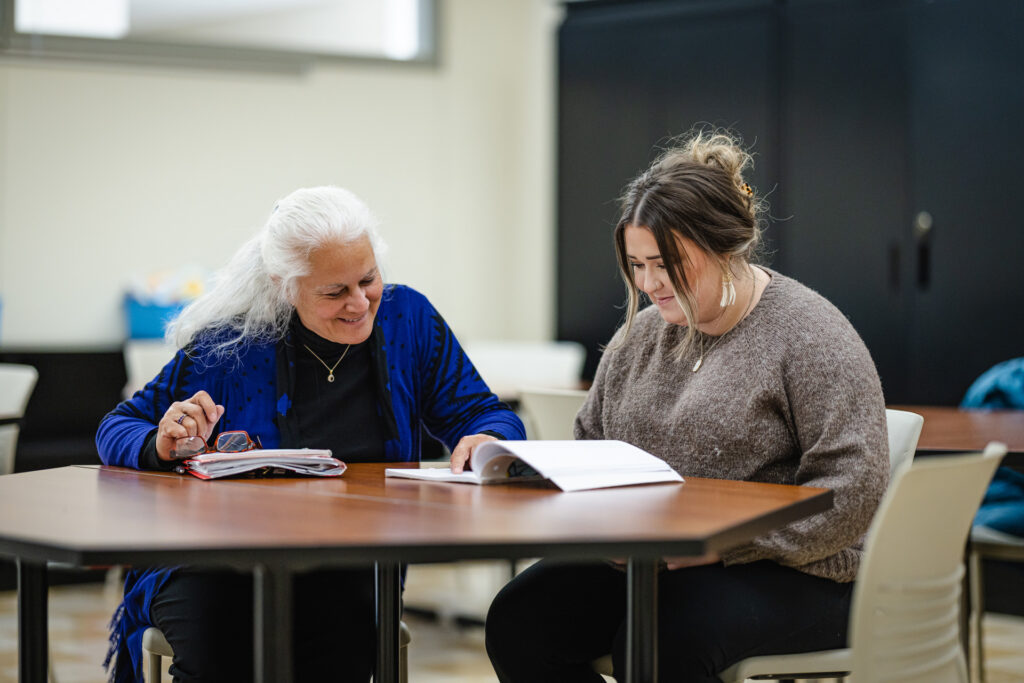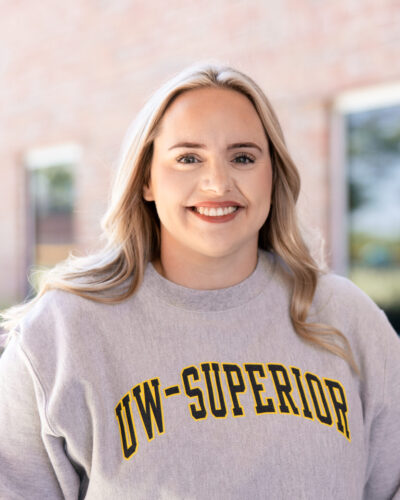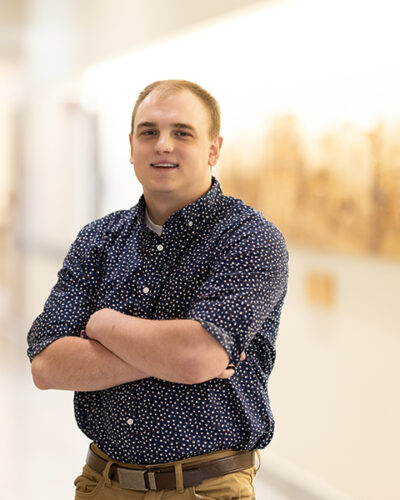
Department of Counselor Education at UW-Superior
The Department of Counselor Education at the University of Wisconsin–Superior was established in 2025 in response to the significant growth and success of the university’s graduate counseling programs. As demand for compassionate, well-trained mental health professionals continues to rise across Wisconsin and the nation, UW-Superior was selected by the Wisconsin Department of Public Instruction to lead an initiative aimed at increasing the number of licensed school counselors in the state.
Building on that success, the university expanded its Master of Science in Education – Counseling program to offer a broader range of specialized concentrations. Students can now pursue advanced training in the following areas:
Expert Faculty, Student-Centered Learning
At the heart of the Department of Counselor Education is a dynamic community of educators and learners committed to academic excellence, personal growth, and professional development. Our faculty are licensed professionals and seasoned practitioners who integrate the latest evidence-based practices into their teaching.
Through a combination of rigorous coursework, hands-on experience, and personalized support, students gain the knowledge and counseling skills needed to build meaningful, therapeutic relationships with individuals from diverse backgrounds and cultures.
Accreditation and Licensure
The University of Wisconsin-Superior and the M.S. in Education-Counseling program are accredited by the Higher Learning Commission (hlcommission.org), an institutional accreditation agency recognized by the U.S. Department of Education.
This program meets Wisconsin state licensure requirements and satisfies many other states’ and countries’ requirements, as well. For a complete list and more information, click here.
Scholarships and Financial Aid
At the University of Wisconsin–Superior, we are committed to helping students in the Master of Science in Education – Counseling program find financial support to achieve their educational and career goals.
Our knowledgeable Financial Aid Office staff are available to assist graduate students in exploring a range of financial aid options, including federal grants and student loans.
In addition to traditional aid, the UW-Superior Alumni & Friends Foundation offers a variety of scholarships for graduate students, including those pursuing degrees in counselor education.
Students enrolled in the MSE in Counseling program may also be eligible for limited scholarship opportunities through a grant from the Wisconsin Department of Public Instruction (DPI). These scholarships are designed to support the development of future school counselors in Wisconsin. Award amounts and availability vary based on ongoing DPI funding.
We encourage all prospective and current students to connect with our financial aid team early in the application process to explore all available funding options.
Program Structure
The University of Wisconsin-Superior, through the Department of Counselor Education, offers professional training which leads to a Master of Science in Education Degree (M.S.E.) in Counseling. The program is designed for those individuals who seek advanced professional training in various occupations in the fields of Counseling. Three programs provide a path towards licensure in the State of Wisconsin and Minnesota (LPC, MFT, and School). The programs fulfill many other state’s requirements as well. There are four tracks within the program, Clinical Mental Health Counseling, School Counseling, Marriage and Family Therapy and Human Relations. Each track is an integration of academic foundations and professional skills training and is directed at developing a qualified and specialized professional.
The Counseling degree is comprised of a minimum of 60 graduate semester credits of prescribed graduate-level courses, specific to the student’s area of specialization. Students are required to take a clinical concentration in one of the following: Clinical Mental Health Counseling, Marriage and Family Therapy, School Counseling. These courses are aligned to fulfill state licensure requirements and accreditation standards. The counseling program also offers a non-clinical 30 graduate semester credit M.S.E. in Counseling with a focus on Helping Foundations
Field Experience
The M.S.E. in Counseling program includes experiential learning that integrates counseling theory into practical application under supervision. Off-campus professional work sites provide students practical experience while weekly class sessions provide support/supervision for work-site activities. Students’ skill integration are monitored and modified through class discussion, written assignments, class exercises and one-to-one supervision with the instructor. Each internship is an individual placement that is developed related to the professional needs of the student, the needs of the internship site and the coordination by the internship instructor.


